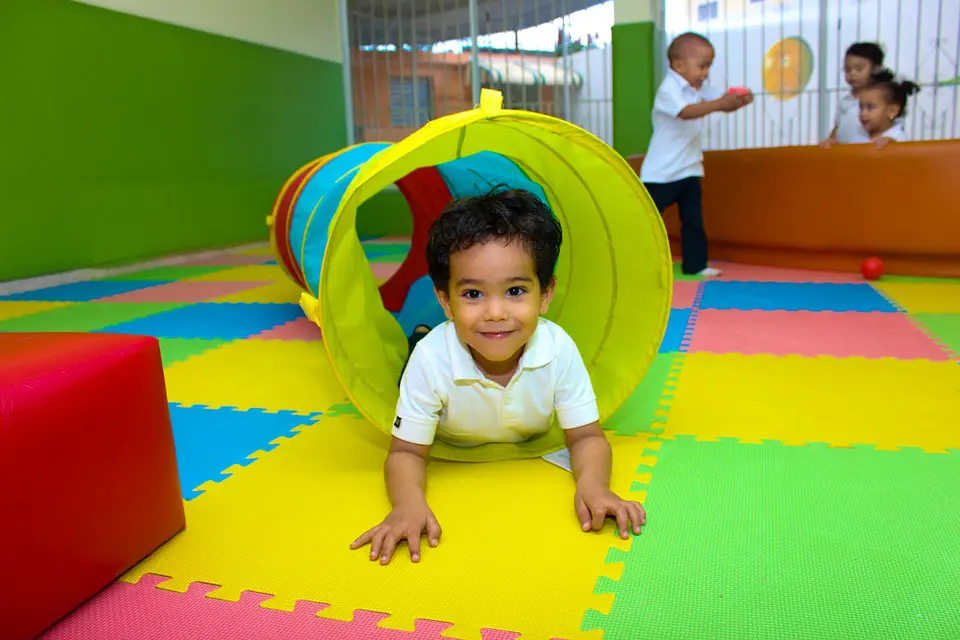
Early education, particularly preschool, plays a crucial role in the development of young children. Research has shown that the first five years of a child's life are a critical period for brain development, and the quality of early education can have a lasting impact on a child's academic success, social skills, and overall well-being. In this article, we will explore the benefits of early education and why preschool is essential for a child's development.
One of the primary benefits of early education is that it helps to prepare children for kindergarten and beyond. Children who attend preschool are more likely to have the foundational skills they need to succeed in school, such as early literacy and numeracy skills, social skills, and the ability to follow routines and instructions. By providing children with a structured and supportive learning environment at an early age, preschool in ryde helps to build a strong foundation for future academic success.
In addition to academic preparedness, preschool also plays a crucial role in the social and emotional development of young children. In preschool, children have the opportunity to interact with their peers, learn how to share, take turns, and work together in a group setting. These social skills are essential for building positive relationships with others, resolving conflicts, and developing empathy and emotional intelligence. By fostering a supportive and inclusive environment, preschool helps children learn how to navigate social situations and develop important life skills that will benefit them throughout their lives.
Furthermore, early education has been shown to have a positive impact on children's long-term academic success. Research has consistently demonstrated that children who attend preschool are more likely to graduate from high school, pursue higher education, and have higher earning potential as adults. By investing in early education, we are not only giving children the tools they need to succeed in school but also setting them up for success in the workforce and beyond.
Another benefit of early education is that it helps to close the achievement gap. Children from low-income families often start school at a disadvantage compared to their more affluent peers, with limited access to resources and educational opportunities. By providing high-quality preschool programs to children from all backgrounds, we can help level the playing field and give every child an equal chance to succeed. Research has shown that children who attend preschool are more likely to perform better academically, have higher graduation rates, and have better long-term outcomes compared to those who do not receive early education.
Additionally, preschool can have a positive impact on children's health and well-being. Children who attend preschool are more likely to develop healthy habits, such as eating nutritious foods, getting regular exercise, and practicing good hygiene. By promoting healthy behaviors at an early age, preschool helps to lay the foundation for a lifetime of good health and wellness. Furthermore, early education can also help to identify and address any potential developmental delays or learning disabilities, ensuring that children receive the support they need to thrive.
In conclusion, early education, particularly preschool, is crucial for the development of young children. By providing children with a supportive and stimulating learning environment at an early age, we can help them build the foundational skills they need to succeed in school and beyond. From academic preparedness and social skills to long-term academic success and health and well-being, the benefits of early education are clear. Investing in early education is not only beneficial for children and their families but also for society as a whole, as it helps to create a more equitable and prosperous future for all.
